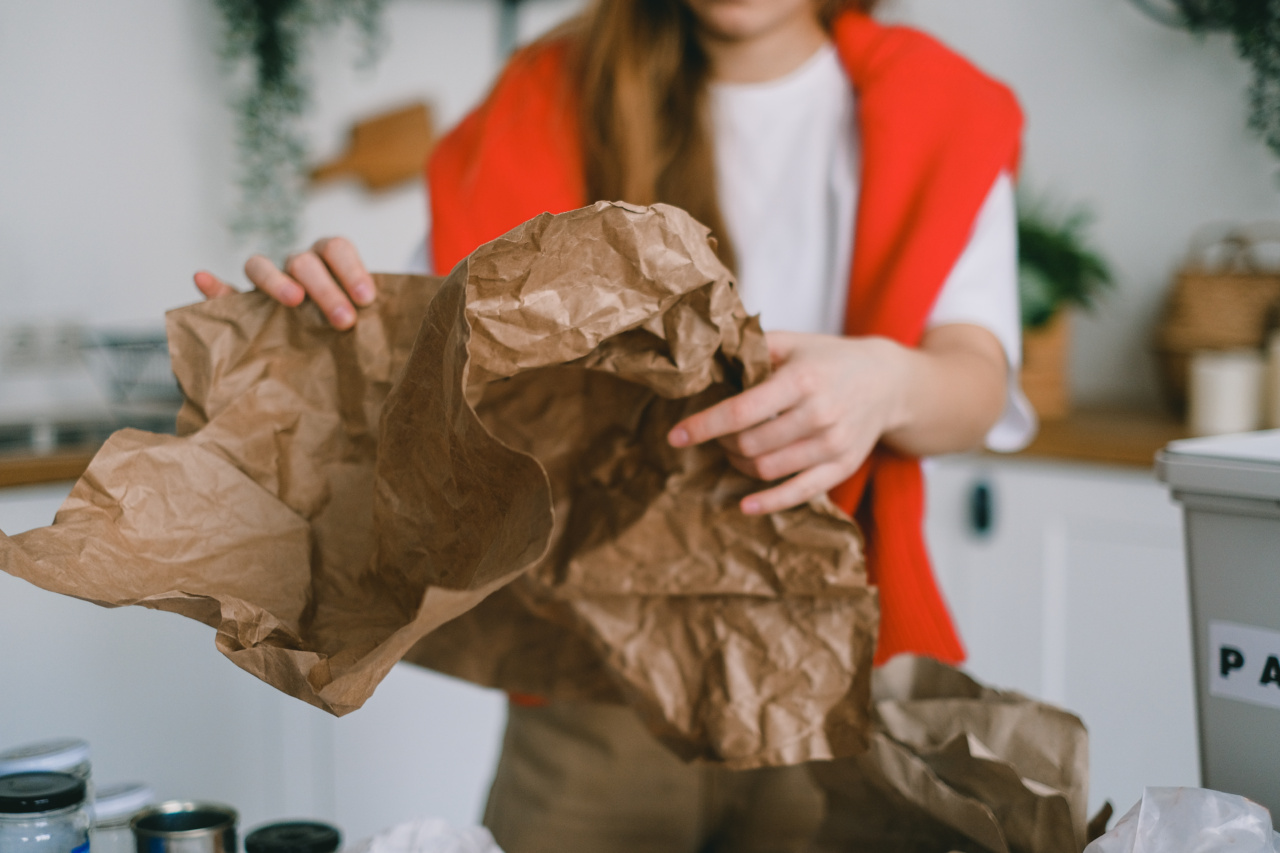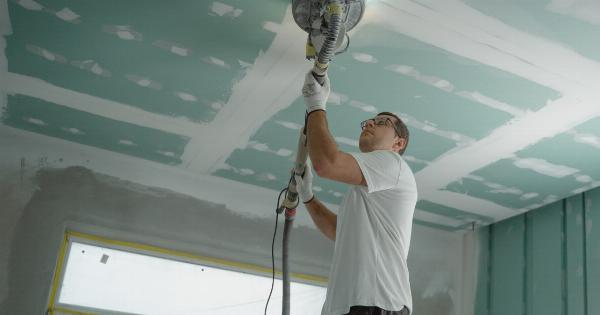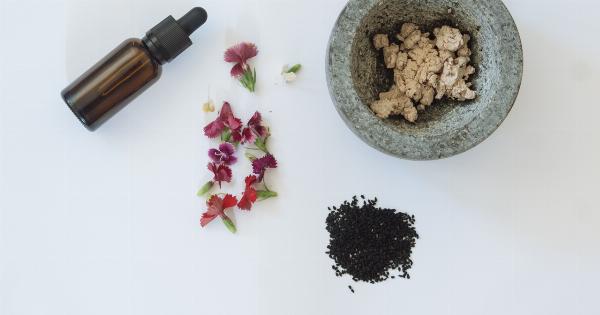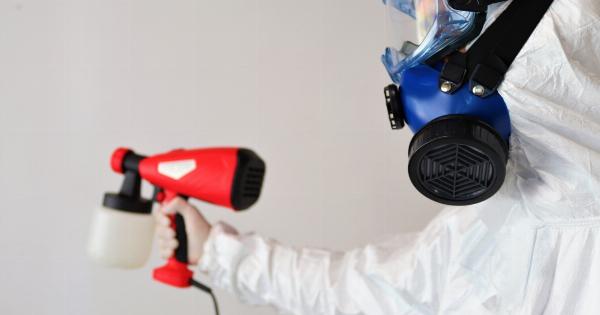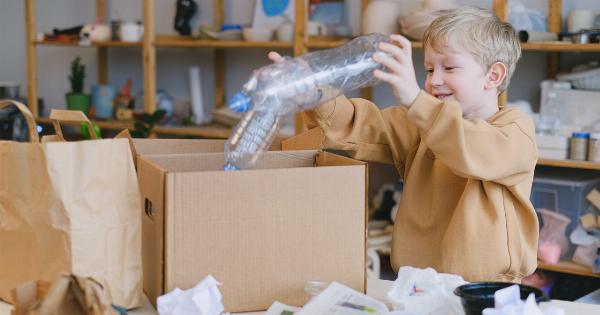Indoor air pollution is a growing concern for many households, as it can have a significant impact on our health and well-being.
The air inside our homes can be more polluted than outdoor air, containing harmful particles and chemicals that can lead to respiratory problems, allergies, and even long-term health issues. However, there are several measures you can take to reduce indoor air pollution and create a healthier living environment for you and your family. In this article, we will discuss some effective strategies to improve the air quality in your home.
1. Keep your home clean and dust-free
Dust is one of the main contributors to indoor air pollution. Regular dusting and vacuuming are crucial to removing dust mites, pet dander, and other allergens from your home.
Use a microfiber cloth to capture dust particles more effectively, and vacuum with a high-efficiency particulate air (HEPA) filter to prevent the dust from being recirculated back into the air.
2. Avoid smoking indoors
Smoking indoors not only compromises the air quality but also puts everyone in the household at risk of secondhand smoke. If you or someone you live with smokes, it’s important to establish a strict no-smoking policy indoors.
Encourage smoking to be done outside, away from windows and entry points to prevent the smoke from entering the house.
3. Ventilate your home
Proper ventilation is crucial for maintaining good air quality indoors. Ensure that your home has adequate ventilation by opening windows and using exhaust fans in kitchens and bathrooms.
This will help to remove pollutants and bring in fresh outdoor air, reducing the concentration of indoor air pollutants.
4. Use indoor plants as natural air purifiers
Indoor plants not only add beauty to your living space but also have the ability to purify the air. Certain plants, such as the peace lily, spider plant, and Boston fern, are known for their air-purifying properties.
They can effectively remove toxins like formaldehyde, benzene, and trichloroethylene from the air. Consider adding these plants to your home to enhance the air quality naturally.
5. Be cautious with cleaning products
Many conventional cleaning products contain harmful chemicals that can contribute to indoor air pollution. Opt for eco-friendly and non-toxic cleaning products instead.
Look for products labeled as “green,” “organic,” or “natural,” as these are less likely to release harmful fumes into the air. Alternatively, you can even make your own cleaning solutions using ingredients like vinegar, baking soda, and lemon juice.
6. Control moisture levels
Excessive moisture in the home can lead to mold growth, which can significantly degrade indoor air quality. Keep humidity levels in check by using dehumidifiers in damp areas, such as basements and bathrooms.
Fix leaks and address any water-related issues promptly to prevent mold from developing. Additionally, ensure proper ventilation in areas prone to moisture buildup to reduce the risk of mold growth.
7. Choose low-VOC products
Volatile organic compounds (VOCs) are chemicals commonly found in paints, varnishes, carpets, and many other household products. These compounds can release harmful gases into the air and contribute to indoor air pollution.
When purchasing such products, look for those labeled as low-VOC or VOC-free. These products have lower levels of harmful chemicals, helping to improve the air quality in your home.
8. Keep pets groomed and clean
Pets can introduce allergens and pollutants into your home, so regular grooming and cleaning are essential. Bathe your pets regularly to reduce dander and use pet-friendly wipes to clean their fur between baths.
Additionally, keep pets off upholstered furniture and carpets, as these tend to trap pet hair and allergens more easily.
9. Avoid synthetic fragrances
Fragrance products like air fresheners, scented candles, and synthetic room sprays may make your home smell pleasant but can release harmful chemicals into the air.
Opt for natural alternatives like essential oils or simply open windows to let in fresh air to remove unwanted odors. Avoid using aerosol sprays whenever possible, as they can release harmful particles.
10. Maintain your HVAC system
Your heating, ventilation, and air conditioning (HVAC) system should be regularly maintained to prevent the buildup of dust, mold, and other pollutants.
Change air filters as recommended by the manufacturer, usually every three months, to ensure proper airflow and filtration. Additionally, schedule annual professional inspections and cleanings to keep your HVAC system in optimal condition.
